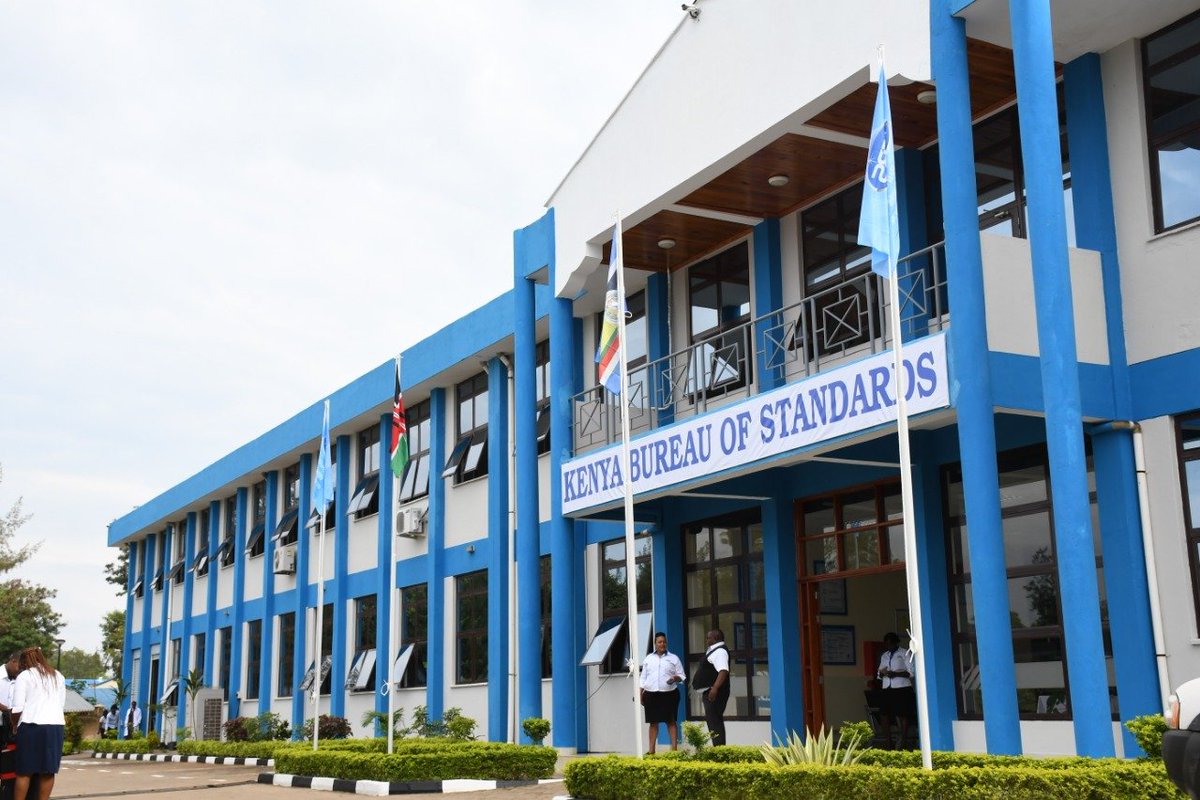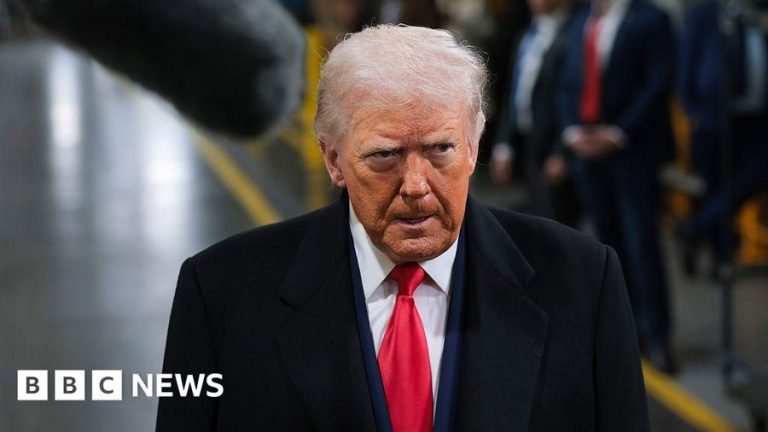The Kenya Bureau of Standards (KEBS) has launched a nationwide public engagement drive on the proposed Standards Bill, 2025, in a move aimed at reshaping the country’s quality infrastructure and ensuring safer products and fairer trade practices.
The Bureau on Saturday convened a consultative meeting with stakeholders drawn from industry, trade, and consumer groups to gather feedback on the draft Bill.
According to KEBS, the Bill will provide a comprehensive legal framework to strengthen standardisation, metrology, and conformity assessment, key pillars in enhancing competitiveness and protecting consumers in Kenya.
The consultations, spearheaded by the Ministry of Investments, Trade and Industry (MITI), will run across the country from October 8 to October 27, 2025.
The forums will begin in the Coast region before moving to Mt. Kenya, North Eastern, Nyanza, North Rift, South Rift, and concluding in Nairobi.
In line with the Constitution’s requirement for public participation, KEBS has invited Kenyans from all walks of life to make their voices heard.
Members of the public are encouraged to submit written feedback via email at standardsbill@kebs.org before October 28, 2025.
The draft Bill and feedback form are accessible on the KEBS website, www.kebs.org
“The Standards Bill, 2025, is about protecting consumers, boosting industry, and creating a fair trading environment. Every Kenyan has a stake in shaping it,” KEBS said.
The Bill is expected to usher in far-reaching reforms, from tightening product safety measures to reinforcing fair competition in both local and international trade.
It could be a game-changer in addressing counterfeit goods, improving consumer protection, and aligning Kenya with global best practices.
The proposed law repeals the current Standards Act, Cap 496, which has guided Kenya’s quality infrastructure for decades, and replaces it with a modern framework that gives KeBS broader oversight powers.
All assets, staff, rights, and obligations of KeBS will, however, seamlessly transition to the reconstituted Bureau, which under the new law gains broader functions and stronger enforcement powers.
Among the sweeping changes being introduced is the mandatory registration of all manufacturers, licensing of calibration service providers, and cargo consolidators.
It recognises KeBS as both the National Standards Body (NSB) responsible for developing and publishing Kenya standards, and the National Metrology Institute (NMI) responsible for scientific and industrial measurement standards.
The Bill strengthens KeBS’s enforcement powers, allowing inspectors to enter premises, seize and detain goods, order recalls, halt production, and even destroy unsafe or counterfeit products.
Businesses that fail to comply with Kenya standards will face heavy financial and criminal penalties.
Under the new provisions, anyone found manufacturing, distributing, selling, or importing products that do not comply with Kenya Standards faces fines of up to Sh10 million or imprisonment for up to 10 years, or both.
False advertising and misleading claims attract fines of up to Sh3 million or three years in jail, while illegal use of KeBS certification marks carries a penalty of Sh5 million or five years in prison.
Importers and manufacturers who fail to comply with mandatory product recall notices risk up to 10 years in jail or fines not exceeding Sh10 million, while disposing of goods under conditional release before clearance could attract fines of up to Sh20 million or a decade in prison.
Obstructing KeBS inspectors also comes with a fine of up to Sh5 million or a five-year jail term.
For those who fail to pay the newly introduced Standards Levy, the punishment will be up to Sh3 million in fines or three years behind bars.
In addition, KeBS may impose administrative penalties of up to Sh5 million for licensing violations, rising to twice that amount for repeat offenders.
Where businesses are caught trading in non-compliant products, the Bureau can impose a surcharge equivalent to 15 per cent of the estimated market value of the goods.
Standards Bill, 2025, also spells out a specific penalty for impersonating KeBS officials.
Impersonation of KeBS staff attracts up to 5 years in prison or a fine not exceeding Sh5 million, or both.
The Bill also creates a Standards Tribunal, chaired by a person qualified to serve as a High Court judge, to handle appeals against KeBS decisions on licensing, product certification, recalls, and enforcement measures.
by FELIX KIPKEMOI











